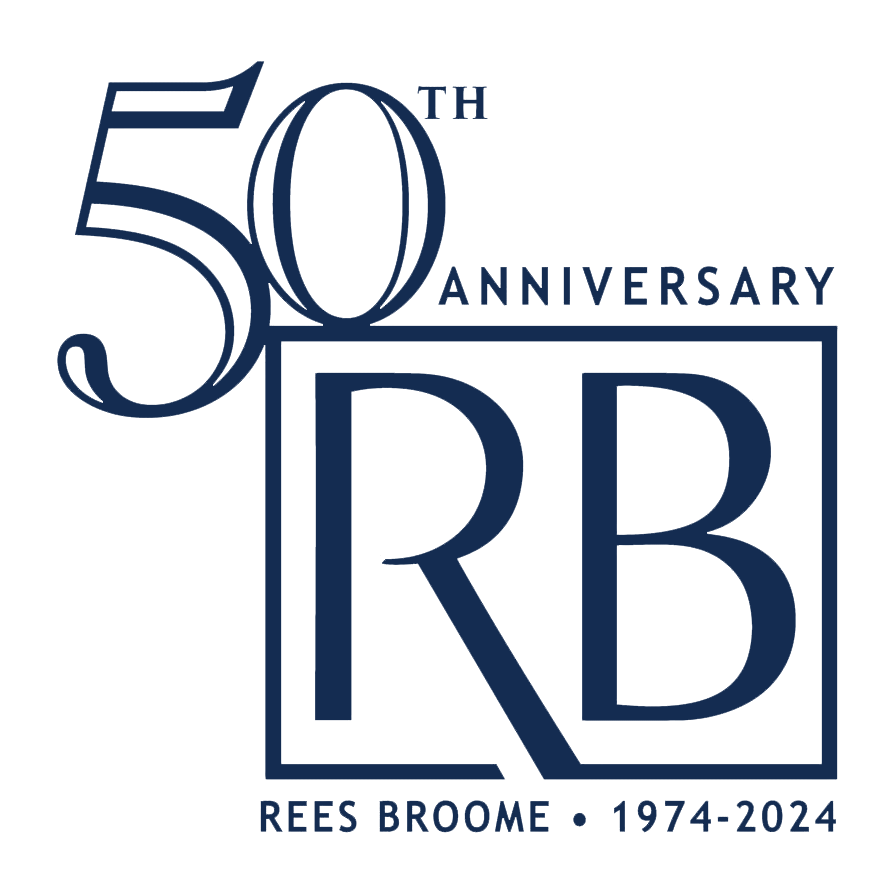Anti-Social Media in the Dis-Information Age
By: Jessica Lawless, Esq. and Joseph Shannon, Esq
It is easy to see that the popularity of social media and other online platforms has skyrocketed. Their quick and efficient spread of information can help Associations get their message out. While Associations can take advantage of these benefits, Boards should have a plan before establishing their social media presence.
Boards would be wise to regularly review what social media or other online platform is currently used or available to the membership to determine what would best suit the needs of the Association. A survey of the membership is a helpful way to know which platforms are used or most popular within the community.
Many Associations are already “represented” on unofficial platforms – facebook groups, nextdoor, etc. Some of these groups may be officially endorsed by the Association, and others may not. The Board should be aware of which platforms are being used by the community and what is being posted on these sites as a way of keeping a finger on the pulse of the community.
In the case of an unofficial web or social media site, owners may not be aware that the site is not actively maintained, monitored, or endorsed by the Board. If misinformation is spreading, or questions are going unanswered, the Board can counteract this with announcements on the official site on behalf of the Association and to encourage owners to contact the Board/management directly with inquiries.
Before adopting an official web or social media platform, there are several practical considerations to take into account. The Board should first walk through the steps required to activate, maintain/monitor, and post through the various popular platforms and appoint a manager, director or other individual to moderate the platform.
In order to properly protect the Manager/Director who moderates the account, and to protect the Board from a rogue account moderator, a resolution should be adopted that expressly outlines who may access and control the platform, and how the login/password is to be controlled.
Having such a resolution in place will provide methods for the Moderator to authorize content, remove improper content, and ensure that posts are on behalf of the Board and Association rather than a Director in their individual capacity.
It is best for Directors to refrain from posting to sites in their individual capacity. Directors’ comments, regardless of any disclaimers, will be viewed as the Board’s opinion. Directors should treat online comments they receive directly from owners in the same manner as in person comments; refer the owners to submit their issues to Board or to management to be discussed at upcoming meetings. Expectations or guidelines for Board participation on social media can also be incorporated into a resolution.
Boards will want to consider whether the selected platform is strictly used for disseminating information from the Association, or if it will be an interactive opportunity for community members to post to the platform to interact with the Board and with other members. Some local jurisdictions have a requirement to provide a free method of communication among members and some Boards will choose a web or social media platform to comply with this requirement.
If the Board does choose to open the platform for open posts from members, the Board will want to consider whether the platform will be a closed membership group and set forth additional standardized guidelines for identifying and authorizing member access to the platform. The Board will also want to consider limiting content on the page to only those posts relevant to Association business and ban improper or unrelated posts.
In a time where social media usage has become more divisive and can be used to insult, demean or discredit people or ideas, the Board will also want to consider adopting guidelines to promote and maintain a productive, respectful, and non- hostile environment. Any limitations should be incorporated into a resolution specifically outlining the process for authorization, acceptable content, and information on how the posts will be reviewed and approved by the Account moderator. Having limitations incorporated into a policy can help defend the Association from allegations of censorship or libel in the event posts or comments do not comply with these guidelines and are not approved or need to be removed from the Association’s platform for compliance with the Association’s policy. These guidelines should not be formulated or used to prevent disagreeing opinions from being posted, but rather to promote respectful interactions relevant to Association business.
As with any Association business conducted over the internet, Boards will also want to be aware of and consider the cyber security issues that could arise with web or social media platforms. It is safer to assume that a cyber security matter will arise. Websites or social media platforms controlled by the Association could be hacked or could create openings for hackers to access the Association or Management’s network. Any information provided to social media companies may be subject to attack. Consulting with management, counsel and your insurance company are important steps for the Board to protect the Association.
Utilizing web and social media sites to share information and promote communication between members can be an important tool for Associations. Before Associations join a social media site, they should review these practical and legal implications. Associations should consult with their legal counsel for more information and specific considerations for their community and jurisdiction.
